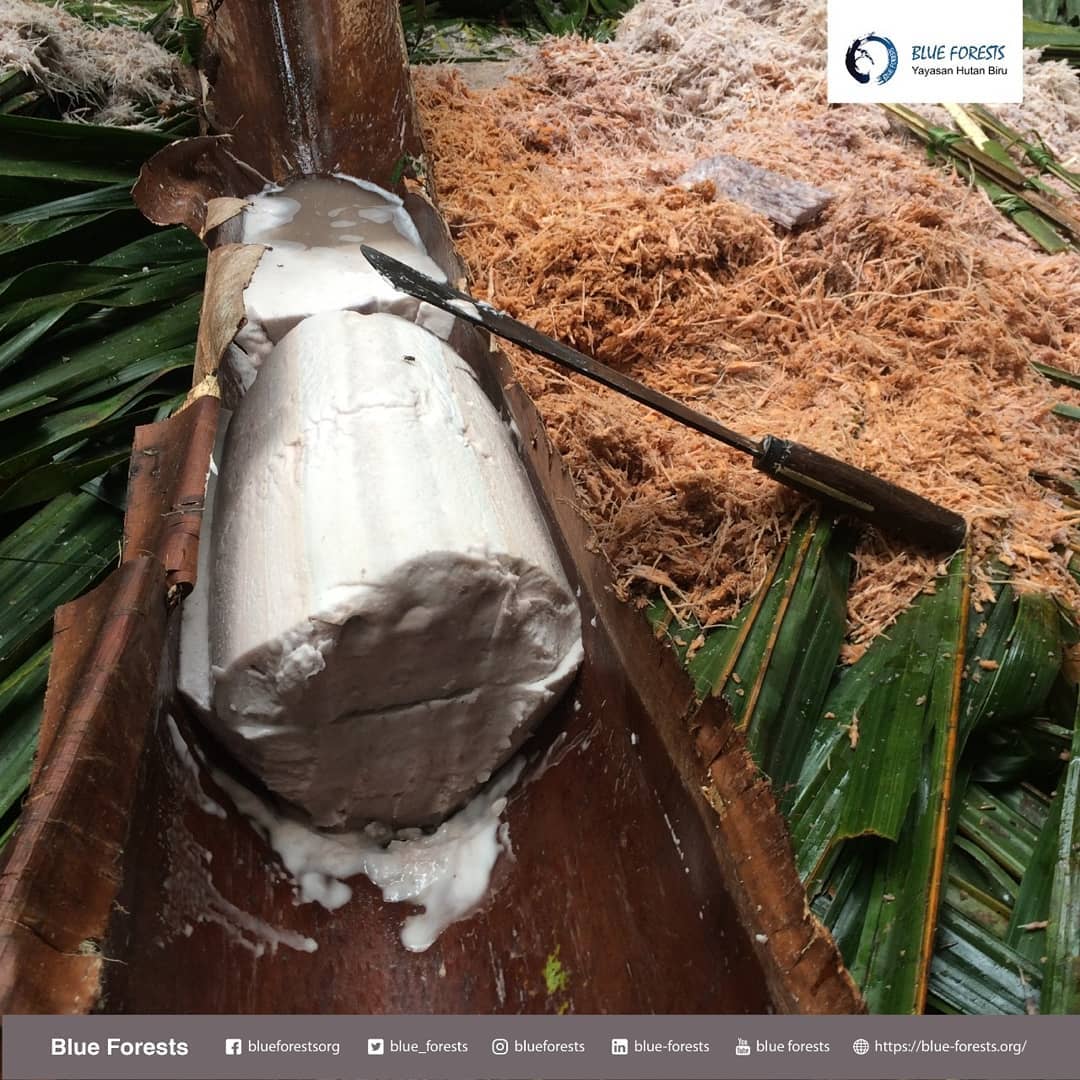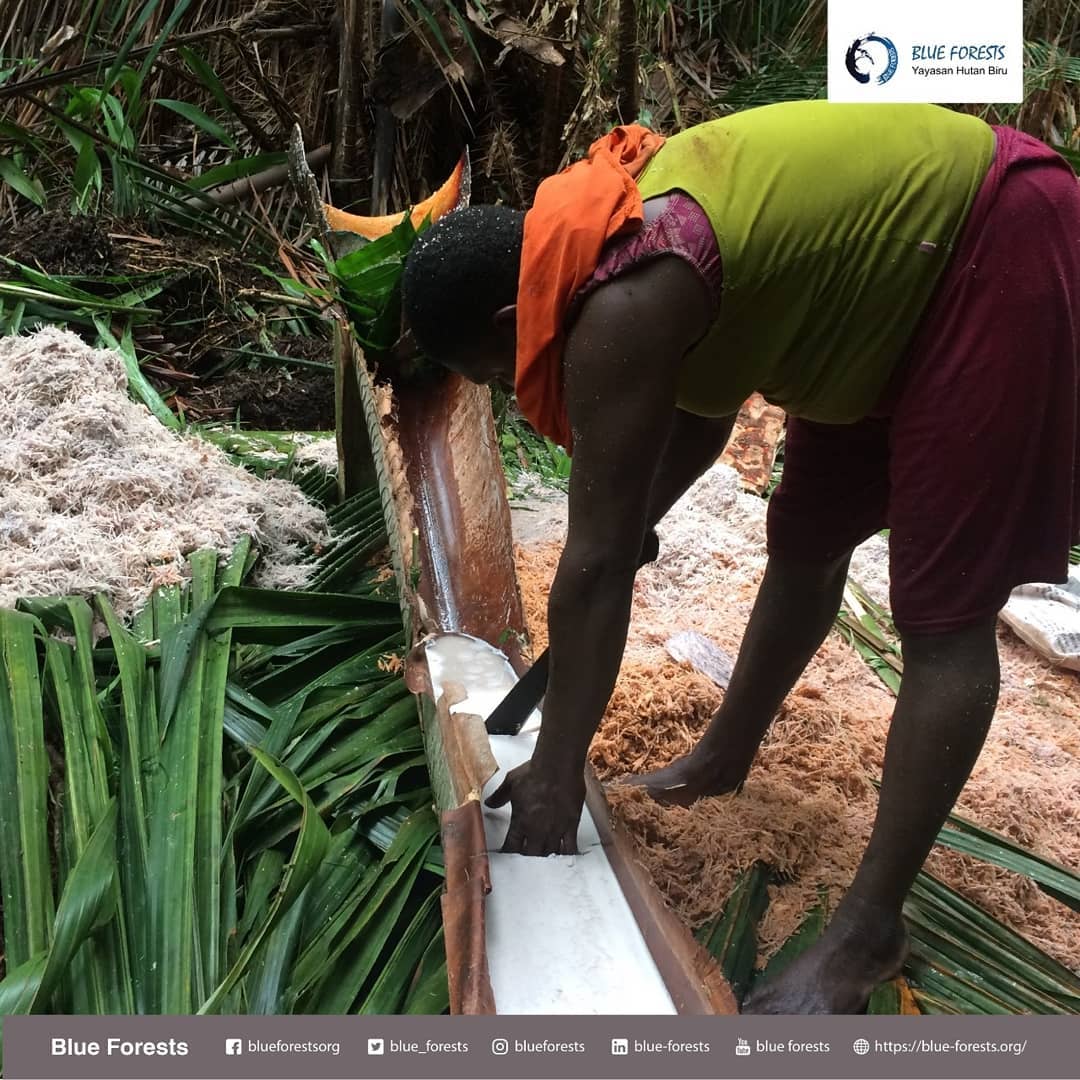Food is one of the basic human needs that are needed every day for life. The issue of food is a critical discussion for the dynamics of the nation’s economic and even political development.
As an agrarian and maritime country, it does not necessarily bring Indonesia to be able to achieve food sovereignty. There are many problems that occur related to food availability such as food shortages, soaring food prices in certain seasons, food quality, hunger, poor nutrition, and poisoning.
Even in certain cases, the food shortages problem can trigger acts of violence, riots, and looting. Even though accidents like those should not occur because the country is obliged to guarantee the food availability for its people.
As stated in the Constitution on Food Point b “that the country is obliged to actualize the availability, affordability and fulfillment of sufficient, safe, quality and nutritionally balanced food consumption, both at the national and regional levels to individuals evenly throughout the territory of the Republic of Indonesia at all times by utilizing resources, institutions and local culture.”
The food availability challenge is not enough to be overcome only by farming, but a Food Management System is needed. The system is how to create a production system ranging from planning, cultivation, harvesting, post-harvest, distribution to marketing that is environmentally friendly and sustainable.
For example, planning for planting by considering the condition of the land, season, crop rotation, the availability of plant nutrients, so it does not experience crop failure. In addition to this challenge, another food availability challenge is the food import flow which is very difficult to contain. There are many various imported food products such as rice, sugar, salt, wheat, etc. According to BPS data, the amount of imported rice is 2.2 million tons, while the production of rice in 2018 is 32.42 million tons of rice, with rice consumption for 263 million Indonesians equivalent to 29.57 million tons of rice. This means that there is a surplus of 2.85 million tons of rice. This has always been a question mark for the community, if, in reality, there is a surplus of rice, then why does the country continue to import?
This condition is a big scourge for farmers because many rice production results are not absorbed. Ideally, high production is a benefit for farmers, but the opposite is true. A policy to limit food imports is needed so that it is more profitable for farmers so that farmers are more passionate about doing productive business.
Import restrictions are also very important to be carried out in order to ensure food safety for the community. A simple example is organic products that are produced with lower production costs but are sold at high prices. On the other hand, farmers benefit from this condition. But, on the other side, the high price of organic food makes people prefer imported food that is cheaper, and they believed to be of high quality and prestigious. Though not all imported products have high quality. For this reason, a major effort is needed to raise awareness and trust in the community that local food is more qualified than imported food.
Facing the food availability challenge requires strategic efforts to encourage food security. Food security is a condition of fulfilling the supply of food for the country up to individuals to be able to live healthy, active and productive sustainably. To achieve food security several important points that must be done include first, providing a variety of local food-based food sources. Each region is encouraged to be able to reproduce local food such as sago, sweet potato, corn, and sorghum, instead of uniforming one type of staple food that threatens local food availability and not in accordance with the culture and consumption patterns of the community.
Second, improve the quality of local food. Food quality is very dependent on the application of cultivation systems. Cultivation systems used today by farmers are generally dominated by the use of synthetic chemical fertilizers and pesticides which have many negative impacts on soil quality and product quality due to the chemical residues left behind. Soil conditions, slowly but surely become unproductive. This also threatens the fulfillment of the quality of local food production and health threats for the people who consume them.
Third, increasing public awareness and trust to love local products more than imported products. The local food products must be guaranteed quality at affordable prices. If this is fulfilled, Indonesia will be able to sovereign food.
Happy National Food Day!



